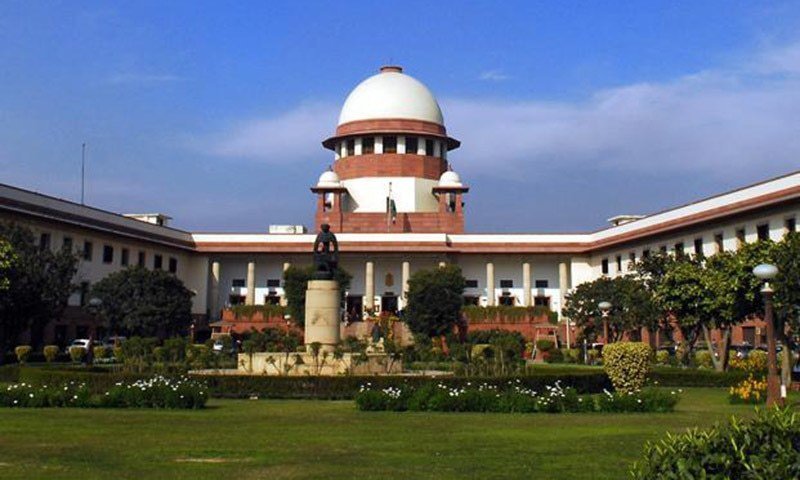Nithyakalyani Narayanan. V
The Supreme Court division bench comprising Justices Vikram Nath and K.V. Viswanathan noted that merely urging a partner to follow their parents’ wishes for marriage would not be punishable under Section 306 of the IPC as aiding and abetting suicide.
In this case, the girl committed suicide as a result of her boyfriend’s advice to follow her parents’ wishes regarding marriage. When the boy’s family began searching for a bride, the departed girl became unhappy. After her passing, an FIR was filed under Section 306 of the Indian Penal Code against the boyfriend for aiding and abetting suicide. The appellant then petitioned the Supreme Court when the High Court refused to dismiss the case.
The Court held that “Broken relationships and heartbreaks are part of everyday life. It could not be said that the appellant by breaking up the relationship with […] and by advising her to marry in accordance with the advice of her parents, as he himself was doing, had intended to abet the suicide of [….]. Hence the offence under Section 306 is not made out”.
Upon reviewing the accusations made in the FIR and the applicable legislation, the Supreme Court noted that the appellant could not be found guilty of aiding and abetting the suicide of the deceased girl because he did not actively participate in the suicide or take any action that would have made it easier for the girl to commit suicide.
The Court clarifies that actions of instigation, whether direct or indirect, are necessary for suicide to occur. It must be demonstrated that the accused took proactive steps to encourage the suicide or that they did specific things to make it easier for the suicide to happen.
Referring to the Kamalakar v. State of Karnataka case, the Supreme Court clarified that in order to prosecute an individual for the crime of abetment to suicide, the prosecution must demonstrate that the defendant had a hand in the suicide. More specifically, one of the three requirements listed in Section 107 IPC must be met by the accused’s conduct. This indicates that the accused either directly caused the person to commit suicide by acting in a way that they should have, or they encouraged the victim to take their own life and collaborated with others to make sure they did.
The court further stated that the remarks spoken would not constitute aiding suicide if they are light-hearted and frequently used in the heat of the moment between people who are arguing and nothing significant is anticipated to come of them.
The accused was found not guilty by the court under Section 4 (Penalty of Harassment of Woman) and Section 417 (Punishment of Cheating) of the Tamil Nadu Prohibition of Harassment of Woman Act, 2002. As a result, the court dismissed the ongoing criminal case against the accused that was pending before the trial court and granted the appeal.

